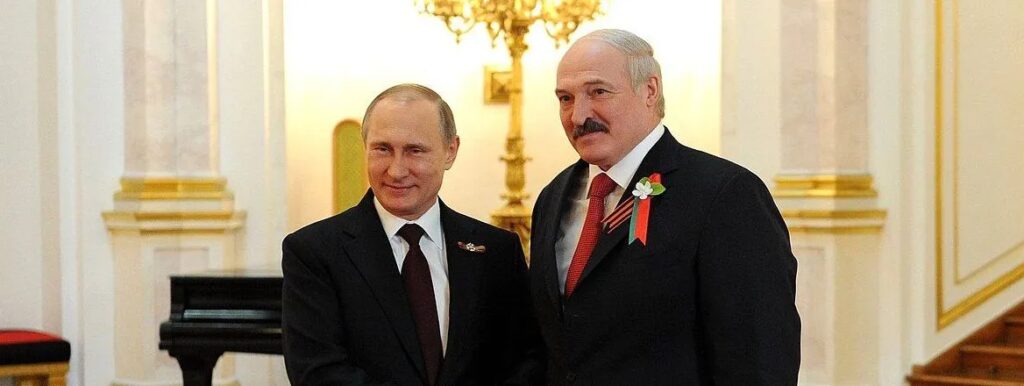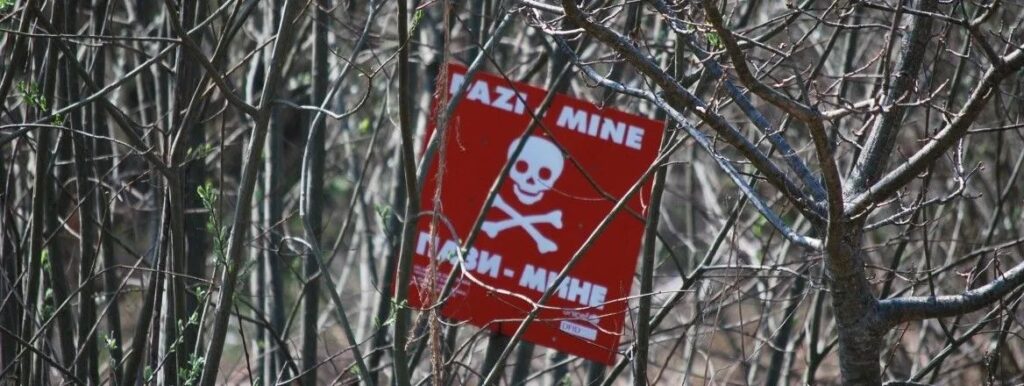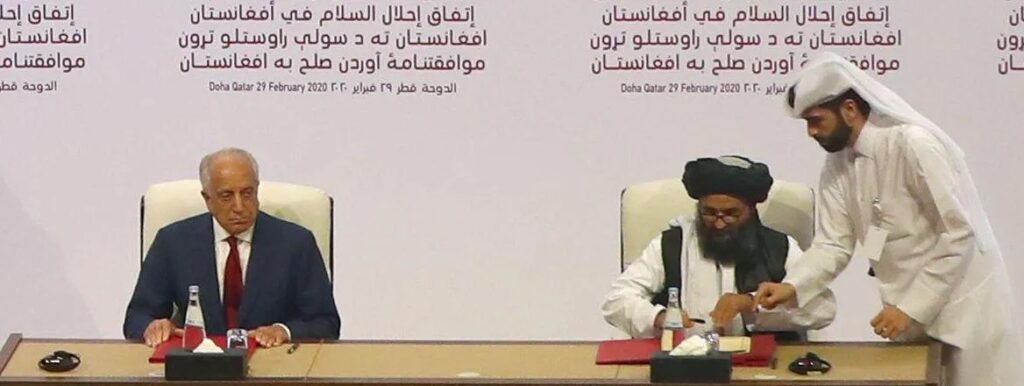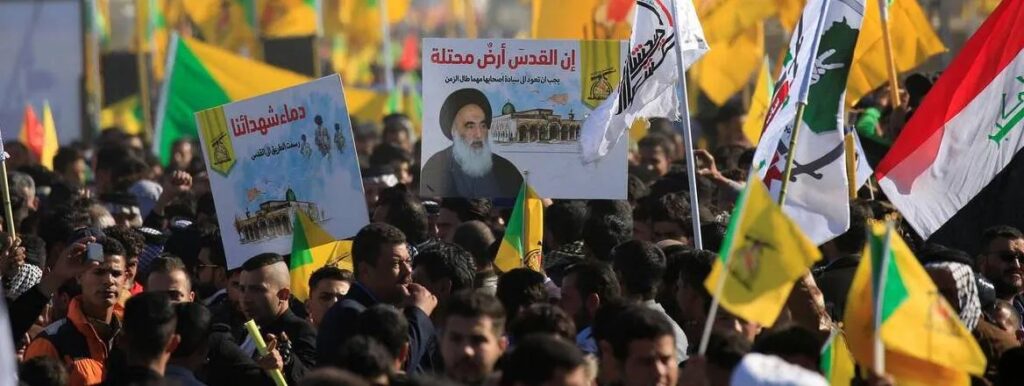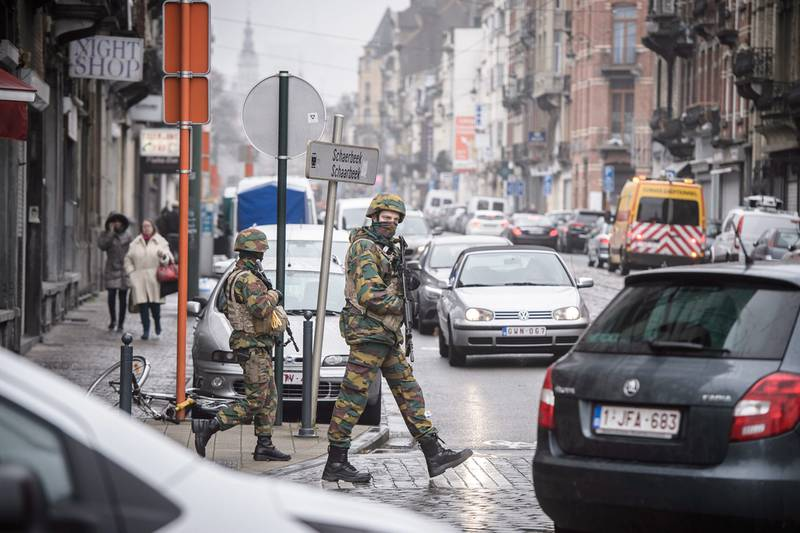UK–Ukraine Security Cooperation
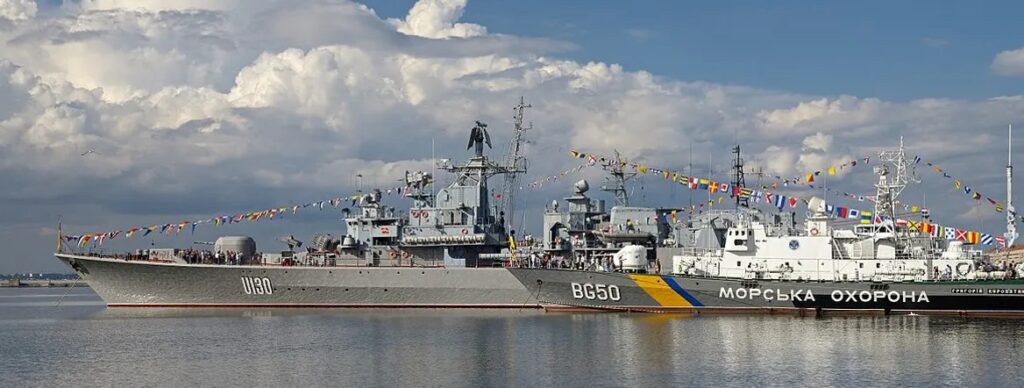
The UK has a crucial role to play in building up Ukraine’s military capacity, developing NATO coordination in the area and helping to deter Russian aggression.
In June 2021, British destroyer HMS Defender conducted a freedom of navigation operation in the Black Sea, close to Russian-occupied Crimea. A Russian patrol vessel fired warning shots at HMS Defender, which was shadowed by Russian naval and air assets. The British operation was a signal of solidarity to Ukraine which has put a spotlight on the UK’s involvement in the Black Sea and the emerging UK–Ukraine strategic defence partnership. The UK and Ukraine have recently signed the Political, Free Trade and Strategic Partnership Agreement, engaged in a rigorous defence dialogue and forged a cooperation agenda in the defence industry. The UK has stepped up its support to Ukraine to help it resist Russia’s hybrid pressures.

